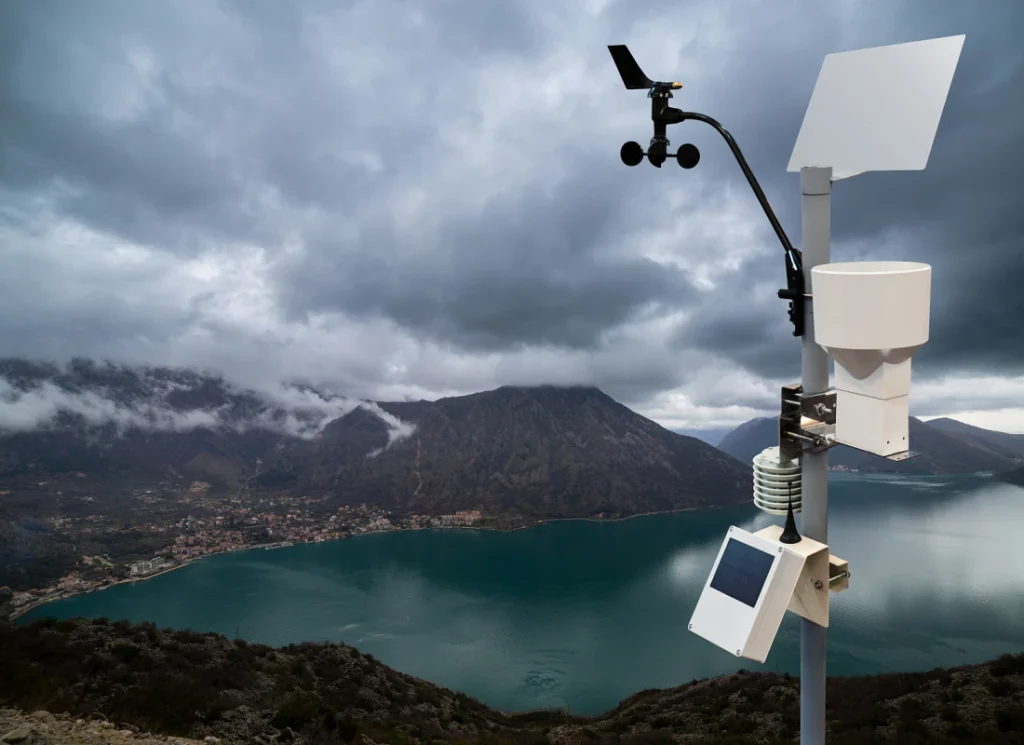
# Rainwater Sensor: A Smart Solution for Water Conservation
## Introduction
Water scarcity is a growing concern worldwide, and innovative solutions are needed to address this challenge. One such solution is the rainwater sensor, a smart device that helps conserve water by optimizing rainwater collection and usage. In this article, we’ll explore how rainwater sensors work, their benefits, and their role in sustainable water management.
## What is a Rainwater Sensor?
A rainwater sensor is an electronic device designed to detect and measure rainfall. These sensors are typically installed in rainwater harvesting systems to monitor precipitation levels and automate water collection processes. When rain is detected, the sensor triggers the system to open collection channels, ensuring maximum water capture.
### Types of Rainwater Sensors
There are several types of rainwater sensors available in the market:
- Tipping bucket sensors: These measure rainfall by counting the number of times a small bucket tips as it fills with rainwater
- Capacitive sensors: These detect changes in electrical capacitance caused by water accumulation
- Optical sensors: These use light beams to detect raindrops
- Conductivity sensors: These measure changes in electrical conductivity when water is present
## Benefits of Using Rainwater Sensors
Rainwater sensors offer numerous advantages for both residential and commercial applications:
1. Water Conservation
By automatically activating collection systems only when rain is detected, these sensors prevent unnecessary water waste and ensure efficient harvesting.
2. Cost Savings
Reduced reliance on municipal water supplies translates to lower water bills and decreased infrastructure costs.
3. Environmental Protection
Rainwater harvesting reduces stormwater runoff, which can carry pollutants into waterways and cause erosion.
4. Smart Integration
Modern rainwater sensors can connect to home automation systems, allowing for remote monitoring and control via smartphones or computers.
## Applications of Rainwater Sensors
Rainwater sensors find applications in various settings:
Residential Use
Homeowners can install these sensors to automate garden irrigation systems or supplement household water needs.
Commercial Buildings
Large facilities can use rainwater sensors to manage landscape irrigation or for non-potable water uses like toilet flushing.
Agricultural Applications
Farmers can integrate rainwater sensors with irrigation systems to optimize water usage based on actual rainfall.
Urban Planning
Smart cities incorporate rainwater sensors into sustainable drainage systems to manage stormwater effectively.
## Choosing the Right Rainwater Sensor
When selecting a rainwater sensor, consider these factors:
- Accuracy and sensitivity requirements
- Compatibility with existing systems
- Maintenance needs
- Wireless connectivity options
- Durability in various weather conditions
## Conclusion
Rainwater sensors represent a smart, efficient approach to water conservation in an era of increasing water stress. By automating rainwater collection and optimizing usage, these devices help individuals and communities make the most of this precious natural resource. As technology advances, we can expect even more sophisticated rainwater sensing solutions to emerge, further enhancing our ability to conserve water sustainably.
Keyword: rainwater sensor